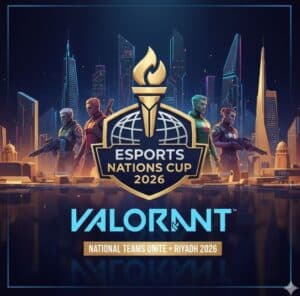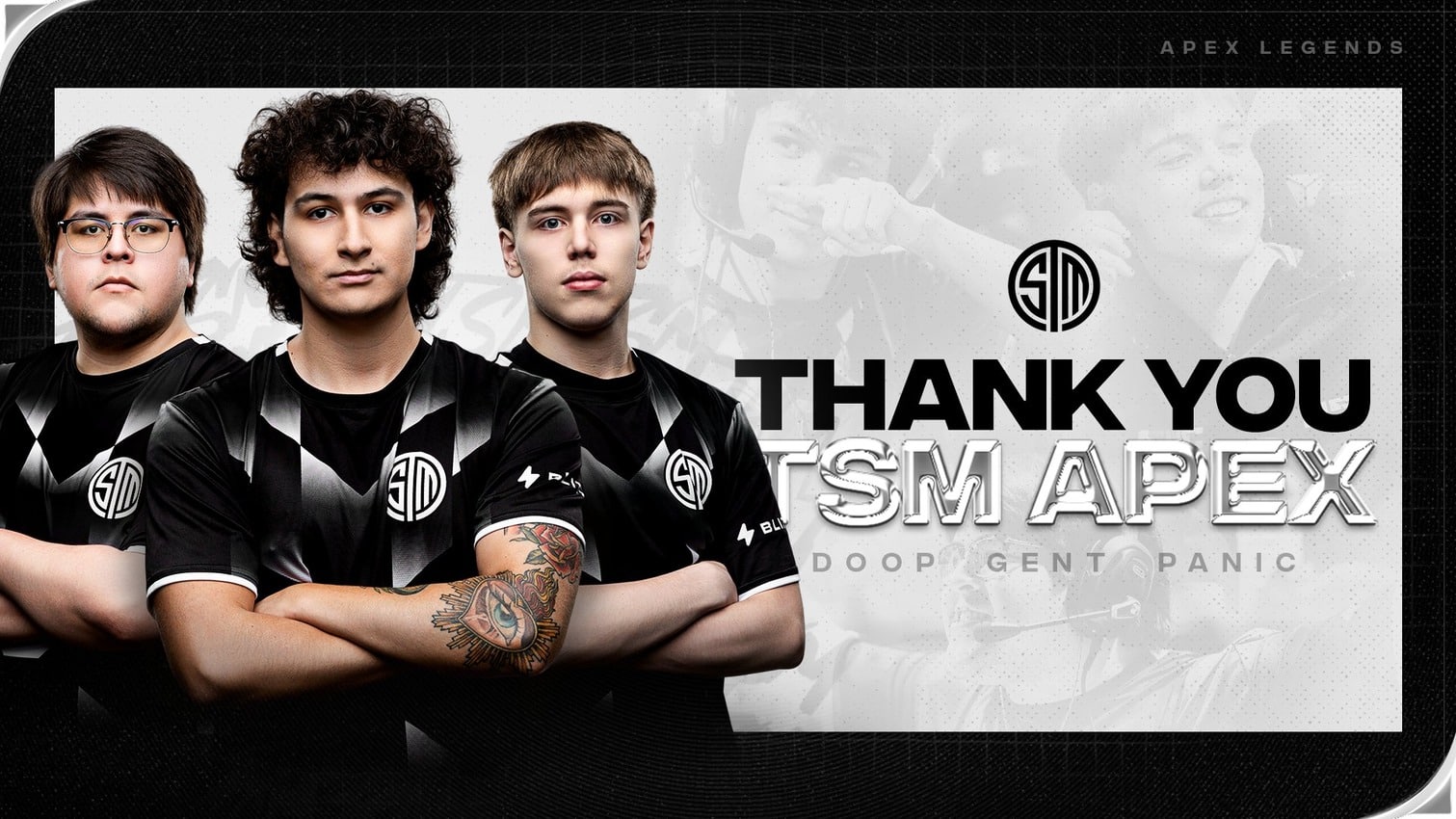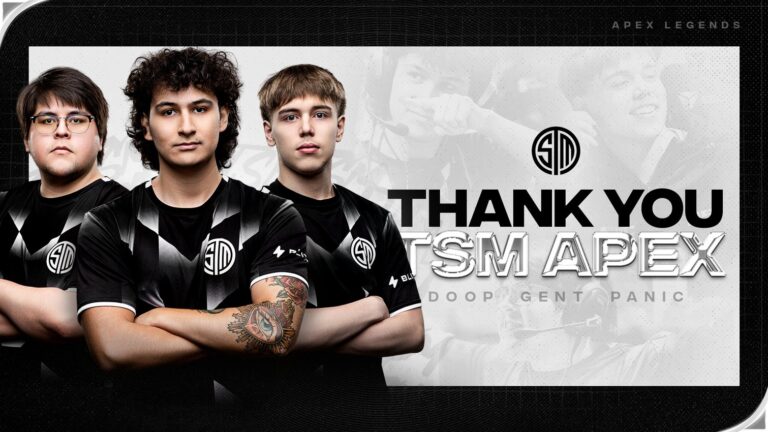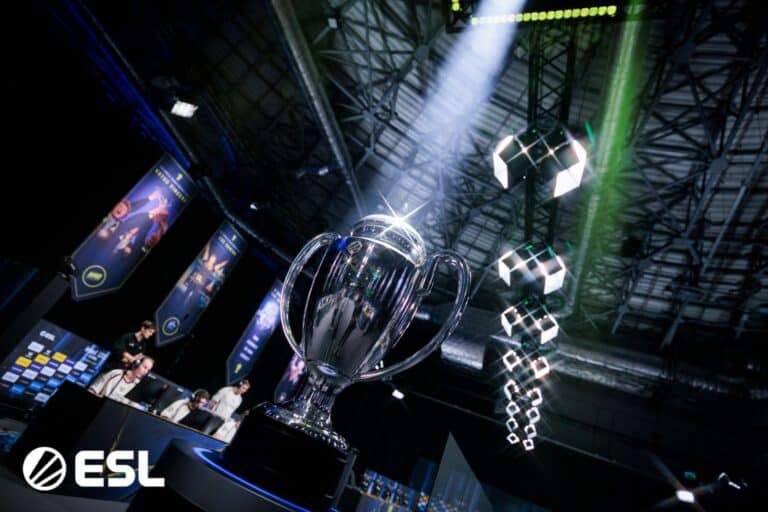Is Gentle Mates’ relegation from VCT proof that Tier 2 Valorant has no hope?
Darragh Harbinson, Senior Editor
Last Updated: 08/08/2025
Gentle Mates have been relegated from VCT following their 1-2 defeat to GIANTX in VCT 2025 EMEA: Stage 2. The French organisation are cast down to challengers as they had to make playoffs of Stage 2 to qualify for the Ascension tournament, which could have saved their place.
In Valorant, Ascension-qualified VCT teams must either qualify for Champions to retain their VCT spot or make playoffs of an EMEA stage in order to qualify for Ascension and have a shot at defending their spot. As Gentle Mates currently sit 0-4 in their group in EMEA: Stage 2, they can now achieve neither of these feats this year, condemning them to relegation.
Signs point to the idea that Gentle Mates are questioning their place in the esport when faced with that long road back to Valorant’s top table. According to Sheep Esports, Gentle Mates founder and co-owner, Lucas ‘Squeezie’ Hauchard, stated, “There’s a very strong, massive chance we won’t be competing in Valorant next year.”
The statement was echoed by Valorant head at Gentle Mates, Marceau ‘Placido’ Lambert, who tweeted, “Beyond the uncertain future of Gentle Mates in VCT, I sincerely hope that Riot will make the right decisions to preserve Valorant esports.”
The statement raises questions about the sustainability of Valorant for non-partnered teams. With Apeks facing the same fate only a day prior, the question is raised: Is Valorant doing enough to support promoted Tier 2 teams?
🚨 Gentle Mates have officially been relegated from #VCTEMEA and will not be able to compete at Ascension to regain their slot for next season
— Valorant News (@ValorINTEL) August 7, 2025
Gentle Mates went 3-10 across Kickoff, Stage 1, and Stage 2 with one series remaining pic.twitter.com/bPoj9dWmTu
Valorant partnered privileges vs Ascension struggles
Valorant currently uses a partner system, where organisations were admitted as partners in 2023 based on a series of interviews between Riot and the organisations.
Metrics considered reportedly include viewership, organisational reputation, and global engagement. In contrast to League of Legends, where league fees cost organisations eight-figure sums, Riot financially supports its Valorant partners, forgoing partnership costs.
The system allows partnered organisations to plan for the future, knowing that they will be in their regional VCT league come rain or shine, but that stability only extends to those partnered teams. In a sense, those partnerships make the situation for promoted Tier 2 teams worse, as they cannot guarantee the same stability to rosters.
Ascension-promoted teams can finish above partnered teams and still get relegated. Gentle Mates themselves have finished above KOI in VCT 2024: EMEA Stage 1, 2024 Stage 2 and VCT 2025: EMEA League Kick off. Yet KOI will not have to worry about being cast down to Challengers or to the relegation tournament due to their partnered status.
The system allows for partnered teams to ‘tank” a season in NFL terms, to be competitively weak and not invest much into a season, in order to invest at a later date. For non-partners, their status is always at risk, so they have to put all their resources into each year to survive, yet actually attracting the talent needed to survive is precluded by the very fact that they can fall out of the league.
Placido’s tweet alluded to Gentle Mates’ inability to attract talent, stating, “We gave everything to save the season and keep our slot, but it wasn’t enough. From the offseason, our status weighed heavily: many players didn’t even consider us.”
C’est la fin de notre aventure en VCT.
— Marceau ‘Placido’ Lambert (@Placidooh) August 7, 2025
On a tout donné pour sauver la saison et conserver notre slot, mais ça n’a pas suffi.
Dès l’offseason, notre statut a pesé lourd : beaucoup de joueurs ne nous ont même pas envisagés. On a alors fait un pari ambitieux en construisant un…
The brutal reality of Tier 2 Valorant
Despite never performing well in VCT, Gentle Mates were the longest-standing Ascension team in EMEA, having been in VCT since the beginning of the 2024 season. The fact that the French organisation has failed to find a footing in the esport may disincentivise other organisations from trying to do so themselves.
Any Challengers team hoping to join the VCT have to go through a fraught system, where dozens of rosters are fighting for one or two Ascension promotion places. Success? Impossible to guarantee. The prize? Going into a league where you are likely competitively outmatched, and have little opportunity to attract players that can stabilise your position.
Additionally, you will always be at risk of relegation in contrast to partnered teams. In Apeks and Gentle Mates’ cases, they will not even have the chance to defend their spots at Ascension.
The system contrasts with the system Riot uses for LTA North & South, where teams promoted to the Americas leagues are guaranteed to be able to defend their spots, but are also guaranteed to contest the Promotion/Relegation regardless of how well they do.
The argument can be made that Apeks and Gentle Mates simply were poor teams, that they made the wrong roster decisions, that it is theoretically possible for an Ascension team to break through and find success in the VCT, yet with so many disadvantages for promoted teams, the chances of that coming to fruition seem vanishingly slim.
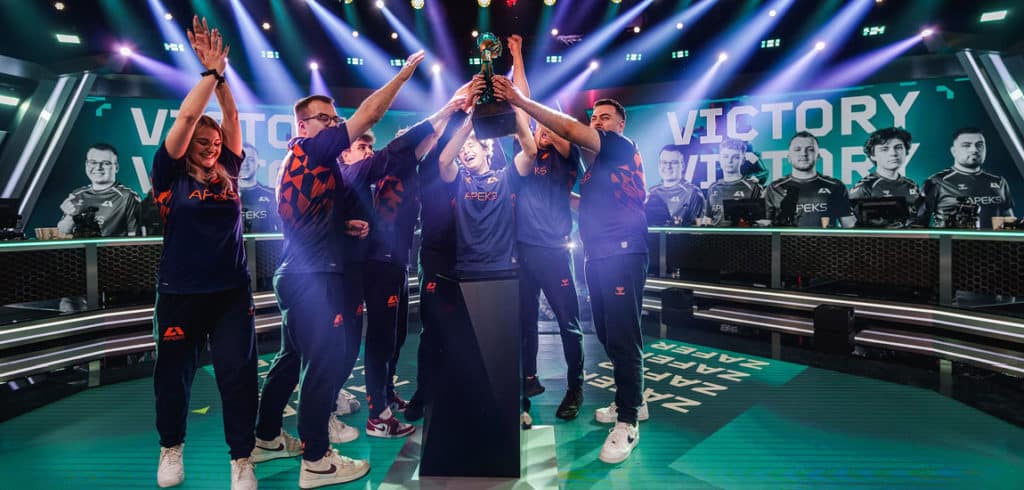
For now, Valorant Tier 2 is a million miles adrift of Tier 1; even when Tier 2 teams get promoted to VCT, they are still Tier 2 in the system’s eyes. Gentle Mates and Apeks have shown that progression to Tier 1 may not be all it is cracked up to be. With Gentle Mates rethinking their participation in Valorant Challengers, the question is raised of whether other organisations will do so.
Valorant’s partner league may be sustainable, but perhaps only to its partnered teams. For Tier 2, there are few signs of hope.
Darragh Harbinson, Senior Editor
Darragh Harbinson is an esports writer specialising in Counter-Strike. He has written for Esports News UK, Esports Insider, UKCSGO, Dexerto, and Rush B Media.
Stay Updated with the Latest News
Get the most important stories delivered straight to your Google News feed — timely and reliable





From breaking news and in-depth match analysis to exclusive interviews and behind-the-scenes content, we bring you the stories that shape the esports scene.
Monthly Visitors
User Satisfaction
Years experience
Latest Valorant
